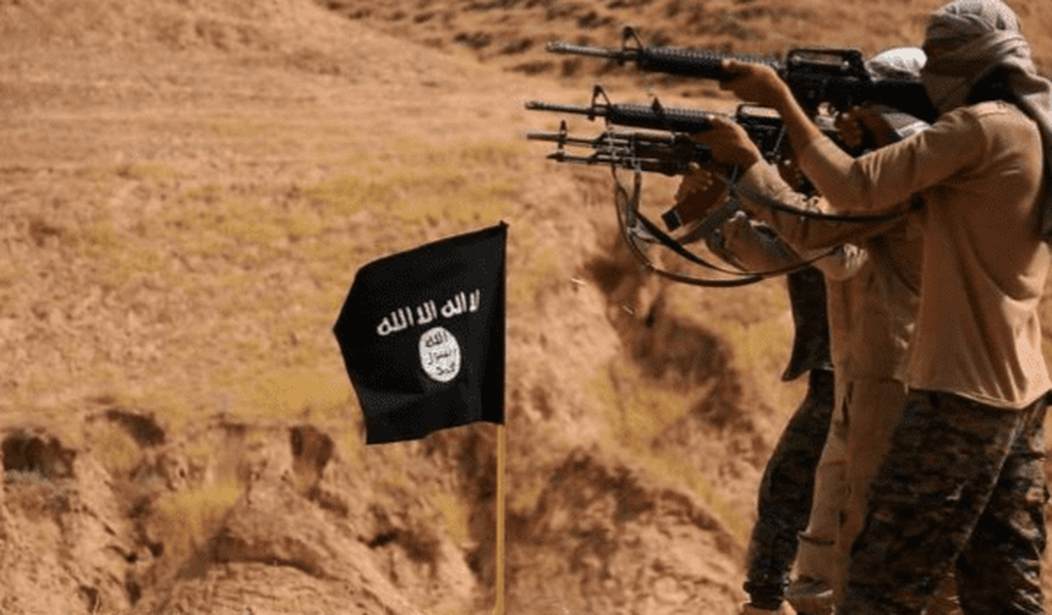ARLINGTON, Va. — Defense Secretary James Mattis cautioned today on the present state of ISIS that “anyone who thinks they’re down is premature.”
Speaking with reporters en route to Colorado Springs, Mattis emphasized that the next step is to “completely destroy” the physical footprint of the caliphate in Syria, where the bulk of remaining ISIS fighters are active still in the Middle Euphrates River Valley.
In areas where the Syrian Democratic Forces have killed, captured or flushed out ISIS, removal of IEDs is a big task that slows down recovery, he noted, “because you got to train people how to do this — you don’t want amateurs doing it.”
Mattis warned against “walking out and then looking over our shoulders at all hell breaking loose again.”
“It’s been kind of surprising, the number of refugees that have been returning as fast as they have. We were surprised by it,” he said. “This is an area where refugees or some of them have been gone not just for a year or a decade, but for a generation. It’s been kind of surprising to see this. That’s the only real surprise that we’ve seen.”
At the Pentagon today, Joint Staff Director Lt. Gen. Kenneth McKenzie, Jr., was asked if U.S. forces would remain in Syria to keep ISIS from taking root again.
“Our mission in Syria is to defeat ISIS. We need to defeat ISIS first,” he replied. “…And I won’t speculate about the future, but there is a piece that also is about stabilization.”
Last year, as the SDF prepared to launch the Raqqa offensive, the Pentagon stressed that they were concerned about ISIS’ declared capital in Syria being used as a base to plot attacks against the West.
“I would say with the fall of the caliphate — I mean, with Raqqa, it was sort of a spoke, I mean, they were — we have disrupted plots that would have been in Europe as well as in Asia,” Pentagon spokeswoman Dana White said.
“So, with the fall of the caliphate, there’s more pressure on ISIS to stage things. So again, even though we’ve been very successful, this is an inflection point, there’s more pressure, there still is the threat of foreign fighters,” she added. “So, again, we have to defeat ISIS, and the caliphate is falling fast, but we still have to remember that this is a long-term struggle.”
McKenzie added, “I think ISIS at one time thought that they would operate a global network centered in the caliphate, which is now having the life squeezed out of it.”
“I believe at one time, they thought they might have a lily pad in North Africa, particularly in Libya. That hasn’t worked out real well for them,” the general noted. “I think they had aspirational views of going to other places. But I would tell you, because of the global coalition that we’ve assembled and the ability of those nations in these disparate areas of the world to operate effectively against ISIS when it arises, that plan has not been terribly successful for them.”
“However, I think where we need to pay a lot of attention is to their activities in the cyber domain and their ability to proselytize in that move, very dynamic arena, and the potential for self-radicalization and inspire attacks really across the world that aren’t directly linked to geography. So we’re going to put a lot of attention against that particular threat, because I think it’s a very real and compelling threat.”









Join the conversation as a VIP Member